10 March 2025
Buying a piece of undeveloped land can feel like hitting the reset button on real estate investment. There's something incredibly alluring about owning a blank slate of earth you can shape into your vision. But—and this is a big "but"—undeveloped land is not as simple as it may seem. If you're considering putting your hard-earned dollars into raw land, there are countless factors to weigh. So, before you dive headfirst into this adventure, let’s break it all down together.

Why Invest in Undeveloped Land?
First things first: Why even consider undeveloped land? Well, for starters, undeveloped land often comes with a lower price tag compared to developed properties. You're essentially investing in potential. Think of it like buying an old fixer-upper house, except, in this case, you’re starting from zero—no walls, no plumbing, just dirt and opportunity.Another advantage is flexibility. Want to build your dream home? Set up a farm? Develop a residential community? With raw land, the possibilities are endless. That said, it's not all sunshine and green pastures (literally). There’s a lot to think about before you commit.
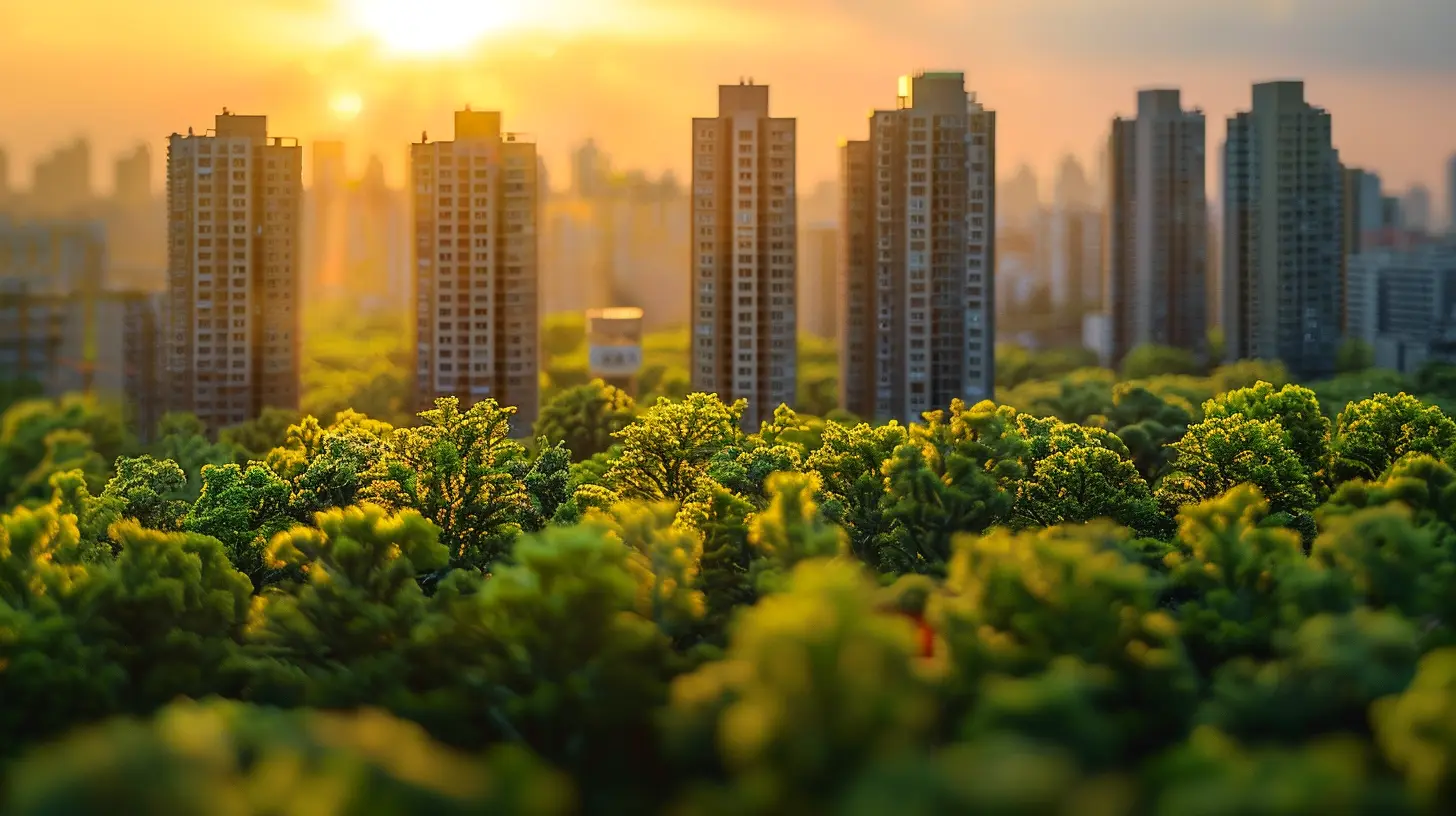
Things You Need to Consider
1. Location, Location, Location
You’ve heard this a million times, and for good reason—it’s arguably the most important factor in real estate, undeveloped land included. Look at the land’s proximity to roads, schools, shopping areas, and other amenities. Is it situated in an area poised for growth, or is it so far off the beaten path that you’ll need a treasure map to find it?Pro tip: Try to imagine the land's future potential. A stretch of farmland today could become a bustling suburb in a decade. Do your homework on city expansion plans, zoning laws, and infrastructure projects nearby.
2. Zoning and Permits
Before you buy, check the zoning regulations on the property. Zoning laws dictate what you can and cannot do with your land. Is it zoned for residential, agricultural, commercial, or recreational use?Think of zoning as a set of rules set by the local government. For example, if you’re dreaming of a family home but the land is zoned for agriculture, you could be in for a reality check. Similarly, permits come into play if you want to build anything. Always confirm what’s allowed.
3. Utilities and Infrastructure
Undeveloped land is just that—undeveloped. This means it likely doesn’t have access to water, electricity, sewage, or internet. You’ll need to account for the costs of installing these utilities, which can be high depending on the location. For example, digging a well for water or installing a septic system could cost thousands of dollars—expenses many new buyers overlook.Ask yourself: How much are you willing (and able) to spend on bringing utilities to the property? This can be the make-or-break factor for many investors.
4. Soil Quality and Topography
Here’s one you might not have thought of: the land itself. Is it flat or hilly? Are there large rocks or tree stumps that need removing? And what about the soil? If you plan to farm, build, or landscape, soil quality matters a lot.Pro tip: Hire a land surveyor to check the land’s topography and soil structure. This little step can save you a world of headaches later on.
5. Access and Easements
How do you get to your land? A surprising number of undeveloped plots lack proper road access. You don’t want to discover too late that your dream property is only accessible by hiking through your neighbor’s yard or an unpaved trail.While we’re on the topic, check for easements—legal rights allowing others access to your property for specific purposes, like utility companies maintaining power lines. These might not always be a dealbreaker, but they’re definitely something to note.
6. Environmental Restrictions
You probably think of your land as your land, but depending on where you are, local, state, or federal authorities might have a say in how you use it. Environmental protections can limit construction near wetlands, forests, or certain wildlife habitats.Does your land sit in a flood zone? Is it prone to wildfires? These are factors you don’t want to leave to guesswork.
7. Resale Value
Let’s talk about the exit strategy. Sure, you’re buying this land with a specific goal in mind, but life has a funny way of changing things. Even if you don’t plan to sell, understanding the future resale value is just smart investing.Look at the locality’s real estate trends. What’s the demand for land like in the area? A plot in a growing community is far more likely to appreciate in value than one in the middle of nowhere.
8. Financing Raw Land
Here’s the thing: Buying undeveloped land isn’t as straightforward as buying a house. Many banks view raw land as a riskier investment, which means you may face higher interest rates or bigger down payments if you plan to finance the purchase.An alternative is seller financing, where the seller acts as the lender. This can often come with more flexible terms but do your due diligence before signing anything.
9. Taxes and Ongoing Costs
Owning land isn’t completely hands-off—you’ll still be responsible for property taxes, and they can vary widely depending on the location and zoning status.If you’re holding the land long-term, there might also be maintenance costs. Think fencing, weed control, or keeping the land clean and free of debris. These costs can add up over time, even if you’re not actively developing the land.
10. Hire the Right Professionals
Buying undeveloped land isn’t a “DIY” kind of investment. You’ll likely need a team of experts, including a real estate agent experienced in land sales, a land surveyor, and possibly even an attorney well-versed in zoning laws and property rights.This might sound like overkill, but trust me, they can help you spot red flags you might miss. Remember, it’s better to spend a little upfront than to deal with a costly mistake later on.
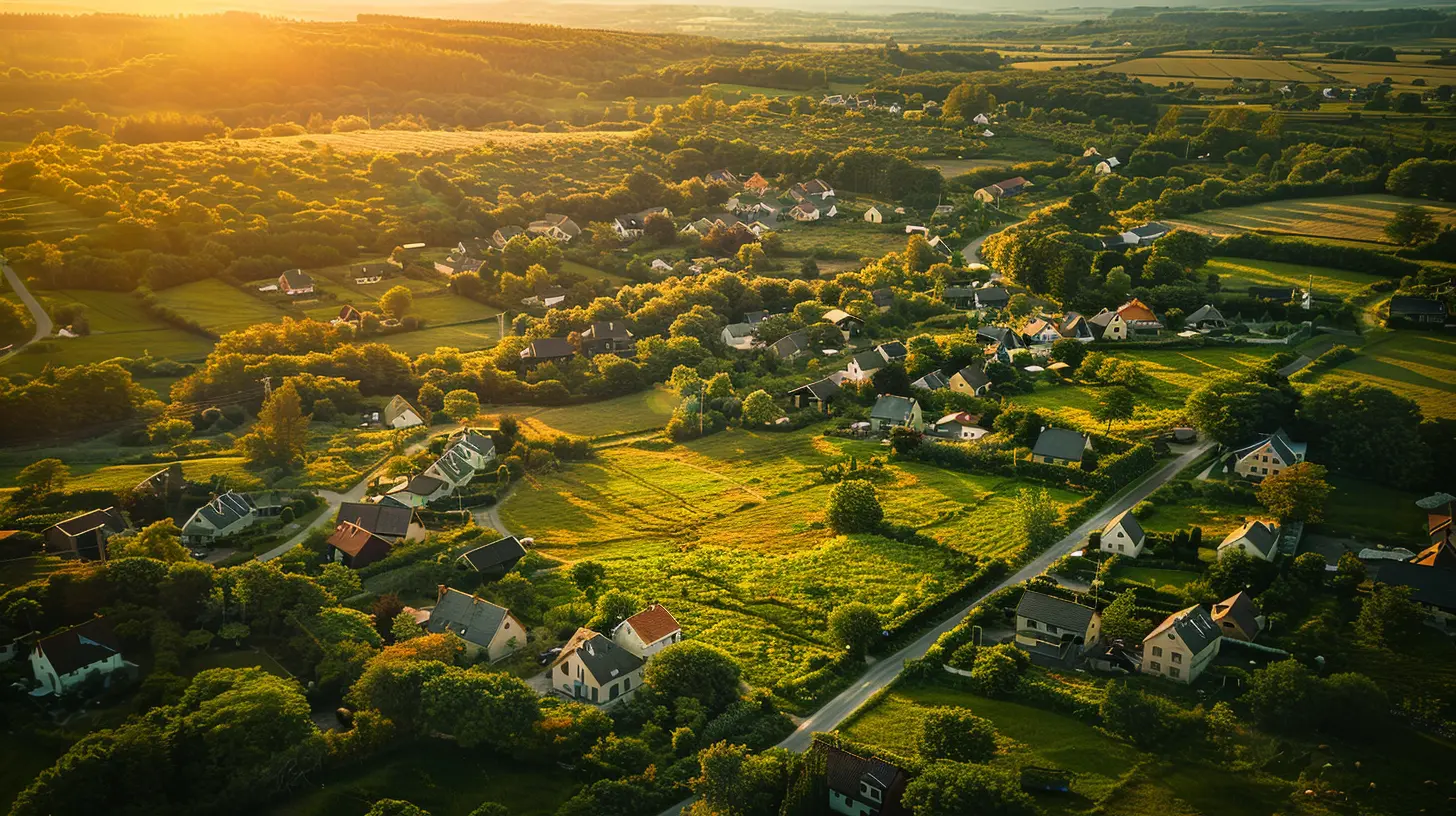
Common Mistakes to Avoid
1. Skipping Due Diligence: Never, ever buy land without doing your homework.2. Ignoring Long-Term Costs: Make sure you budget beyond the purchase price.
3. Overlooking Zoning Laws: Assuming you can use the land however you want could be a costly error.
4. Rushing the Process: Take your time. Buying undeveloped land is a marathon, not a sprint.
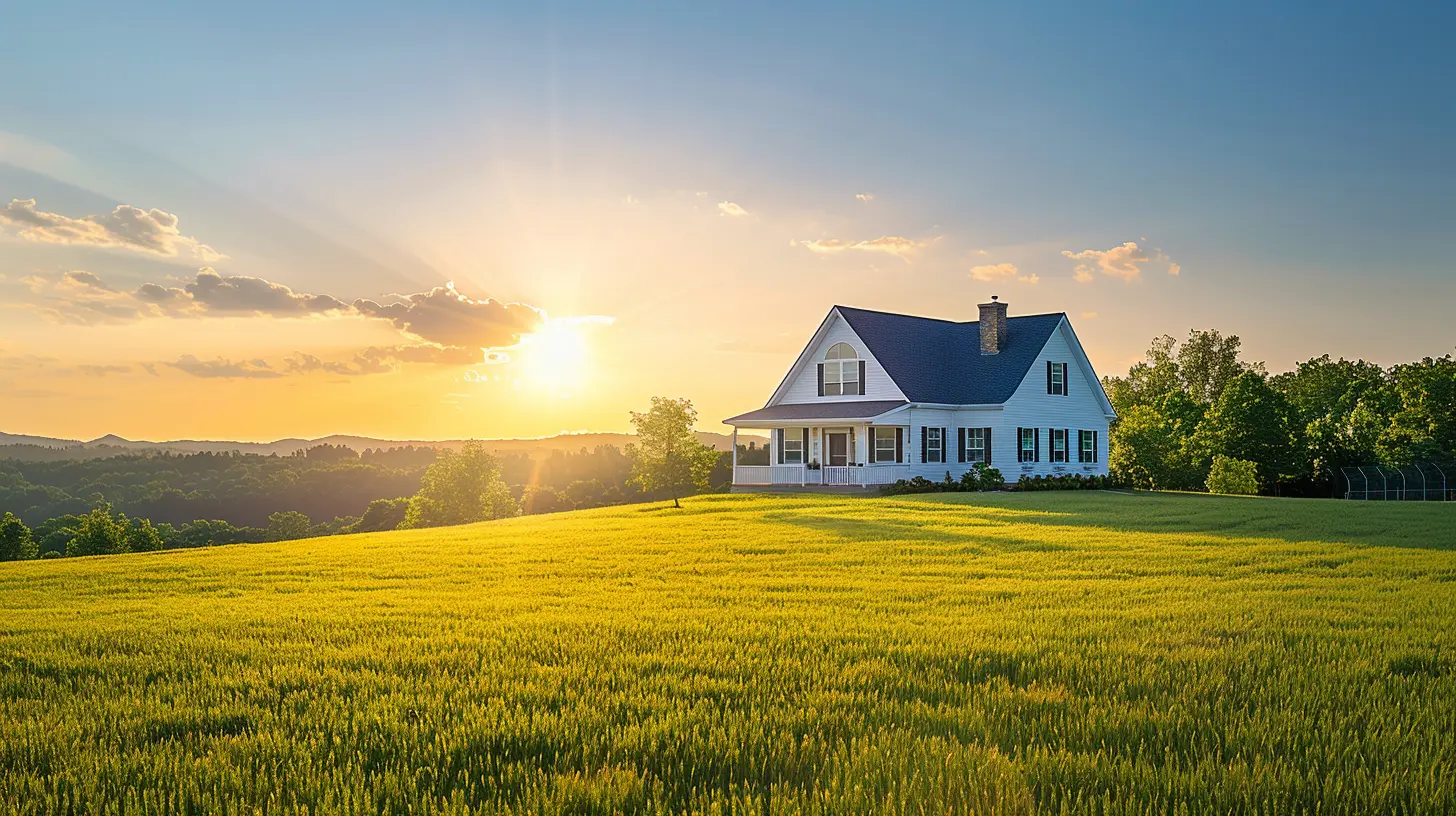
Final Thoughts
Investing in undeveloped land can be an incredibly rewarding venture, but it’s not without its challenges. Think of it as planting a seed—there’s upfront work and patience involved, but with the right care, it can grow into something magnificent.By considering factors like location, zoning, access, and utilities, and by working with the right professionals, you can set yourself up for success. Sure, it’s a bit more complex than buying a move-in-ready home, but for the right buyer, the possibilities are endless.
So, ready to take the plunge? Remember: Do your research, stay patient, and weigh the pros and cons carefully. Your dream property might be just a plot away.





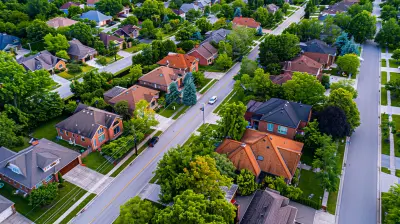

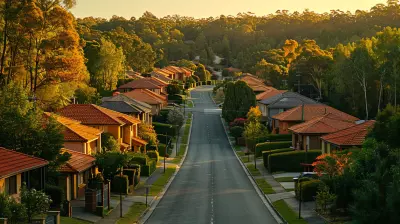


Valentina Baker
Great insights! Understanding the nuances of undeveloped land is crucial for successful investing. Thank you!
March 30, 2025 at 8:57 PM